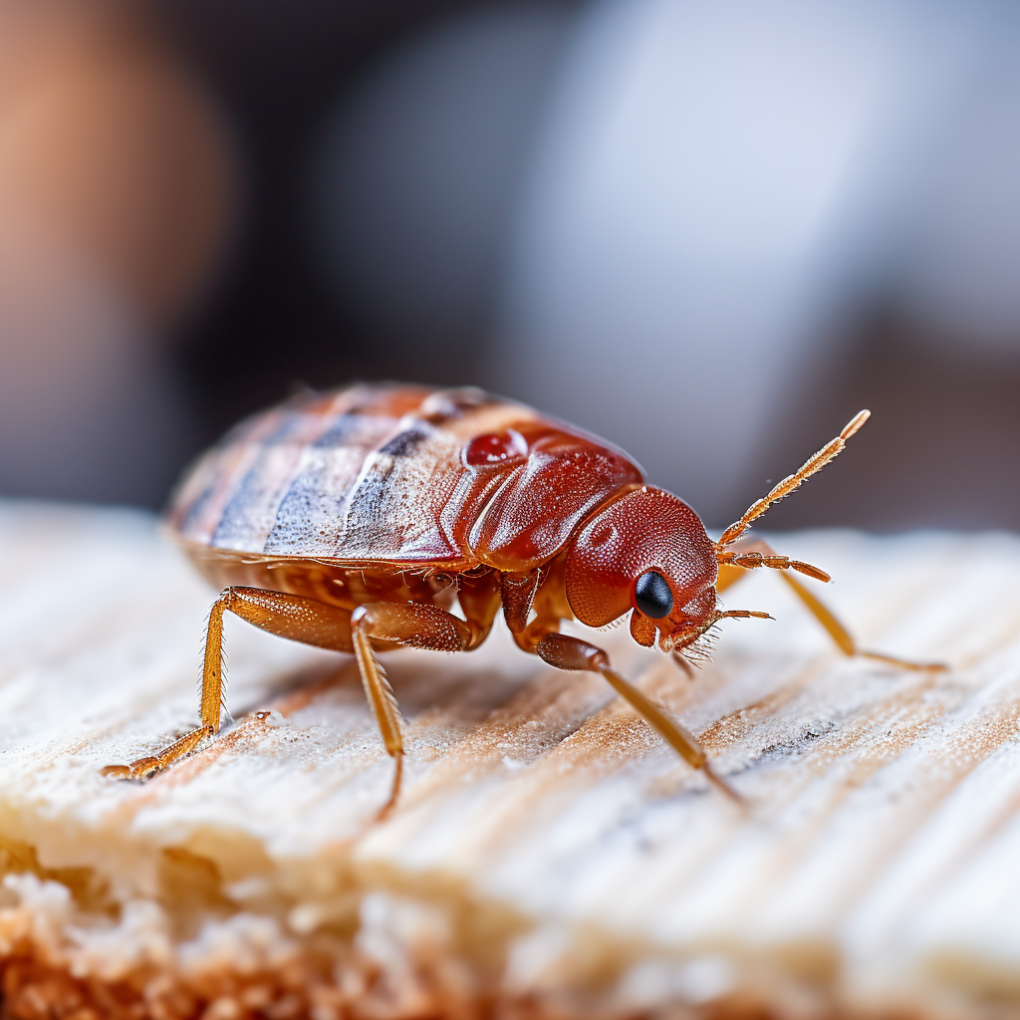Kings Exterminator Cincinnati: Effective Bug Monitoring
Kings Exterminator Cincinnati: Effective Bug Monitoring
Blog Article
A Breakdown of the Numerous Sorts Of Pest Control Solutions
In the realm of bug control, a multitude of techniques exist to address and fight the visibility of unwanted creatures. From the standard use chemical pesticides to more cutting-edge biological control options, each strategy supplies unique benefits and restrictions. As we browse through the diverse landscape of parasite control services, understanding the details of each approach comes to be paramount in establishing the most effective strategy. Stay tuned as we check out the nuanced globe of pest control strategies and discover exactly how each kind plays an one-of-a-kind duty in safeguarding our atmospheres.
Chemical Pesticides
Chemical pesticides are generally utilized in insect control to properly eliminate a large range of insects and various other parasites. These chemicals function by targeting the nerves of the parasites, interrupting their normal functions, and eventually leading to their death. The use of chemical pesticides has been a staple in the pest control industry for years because of their effectiveness and fast outcomes.

Nonetheless, it is necessary to make use of chemical pesticides with caution because of their potential dangerous results on the environment and non-target species. Improper application or overuse of these chemicals can lead to contamination, damage to useful insects, and resistance development in pest populaces. It is vital to comply with safety and security standards and laws when using chemical pesticides for parasite control.
Biological Control Approaches
Thinking about the prospective ecological effects and dangers related to chemical pesticides, organic control methods use a more sustainable strategy to taking care of insect populaces. Biological control involves making use of natural opponents, such as bloodsuckers, predators, and virus, to subdue pest populaces. This method is often much more targeted, impacting only the specific pest varieties while decreasing injury to beneficial insects, human beings, and the environment.

One advantage of organic control is its lasting effectiveness. As soon as established, natural adversaries can assist manage pest populations continuously without the requirement for duplicated applications of chemicals. In addition, organic control is usually more affordable and can help lower pesticide resistance in bug populations gradually. Overall, organic control methods offer a ecologically pleasant and lasting solution to pest management.

Mechanical Parasite Control
Mechanical pest control involves the physical control or elimination of parasites to handle their populations effectively. One usual instance of mechanical pest control is making use of traps to capture bugs or rodents.
One more mechanical technique is using barriers such as webs, fences, or screens to block bugs from going into certain areas. By physically protecting against parasites from accessing a location, the probability of infestations or damages can be substantially decreased. Additionally, hands-on techniques like handpicking pests off plants or frameworks can be efficient for smaller-scale problems.
While mechanical parasite control methods can be labor-intensive, they offer a non-chemical alternative that can be sustainable and ecologically friendly. By targeting pests straight, mechanical control strategies can help maintain pest populations in check without counting on pesticides.
All-natural Remedies
Making use of natural treatments for bug control supplies a eco-friendly and this link sustainable technique to managing parasite populations without resorting to chemical treatments. All-natural treatments involve utilizing materials obtained from plants, minerals, or other naturally happening sources to prevent or get rid of insects.
In addition, necessary oils such as tea tree oil or neem oil have insecticidal residential properties that can efficiently control pests while being safe for the environment. An additional natural treatment is presenting helpful insects like ladybugs or praying mantises to your yard to victimize hazardous bugs. By integrating these natural remedies into bug management strategies, people can decrease their dependence on synthetic chemicals and advertise a much healthier, extra balanced ecological community.
Integrated Parasite Administration
Integrated Parasite Administration (IPM) is a comprehensive strategy that integrates various strategies to efficiently manage pest populaces while reducing threats to human health and the environment. IPM includes the combination of multiple pest control methods such as biological control, environment control, alteration of social practices, and making use of immune plant varieties. By making use of a mix of these methods, IPM intends to reduce reliance on chemical pesticides, which can have negative impacts on environments and human wellness.
One key aspect of IPM is the focus on prevention. By carrying out steps to avoid pest invasions before they occur, such as maintaining appropriate hygiene and securing access points, the need for reactive insect control measures is minimized. Monitoring and regular evaluations play an important role in IPM, permitting very early discovery of bug concerns and prompt intervention.
Conclusion
In final thought, the different types of parasite control services provide a variety of options for successfully managing parasite problems. Biological control techniques utilize natural predators to manage bugs. Integrated Bug Monitoring combines numerous strategies for an all natural strategy to pest control.
Chemical chemicals are generally utilized in pest control to properly remove a broad range of insects and other insects.Mechanical bug control includes the physical control or removal of bugs to handle their populaces effectively (Kings pest control Cincinnati).Using natural treatments for insect control provides a eco-friendly and house and pest inspection lasting method to managing parasite populations without resorting to chemical interventions.Integrated Bug Administration (IPM) is an extensive technique that integrates various approaches to successfully control pest populaces while reducing threats to human health and wellness and the setting.In final thought, the various kinds of bug control services offer a variety of options for properly managing bug infestations
Report this page